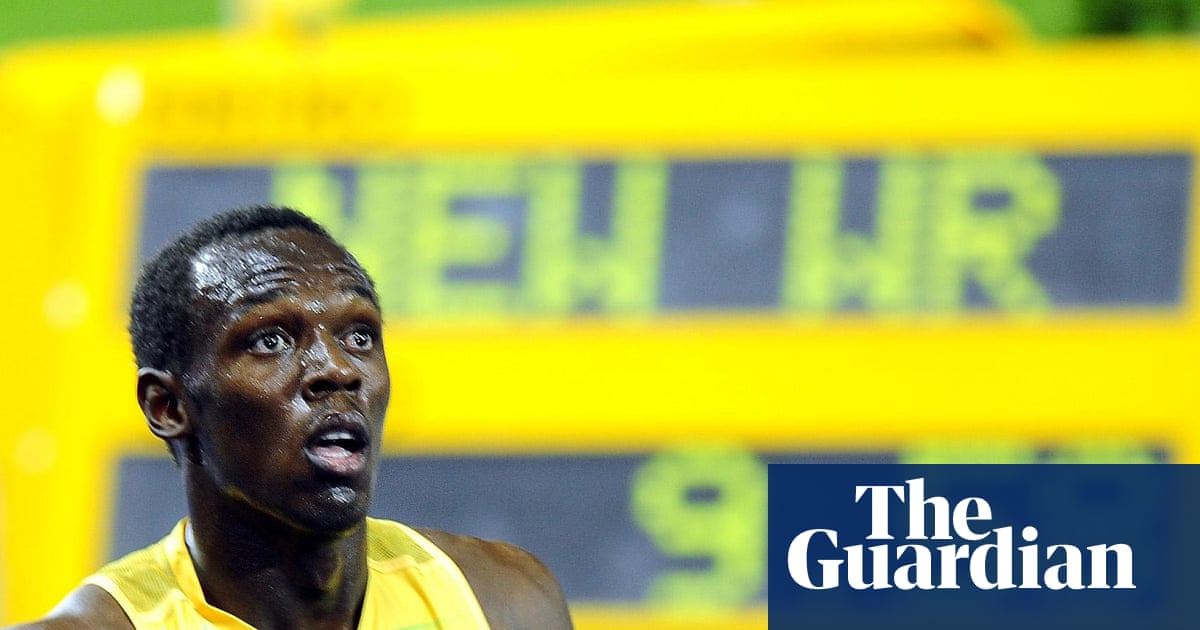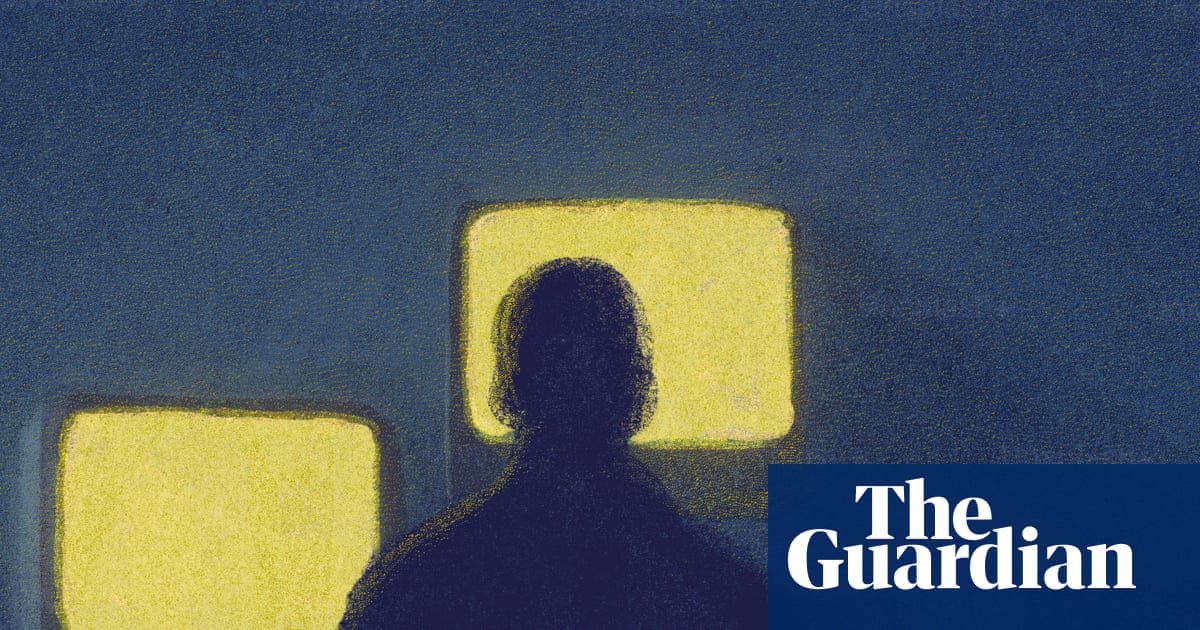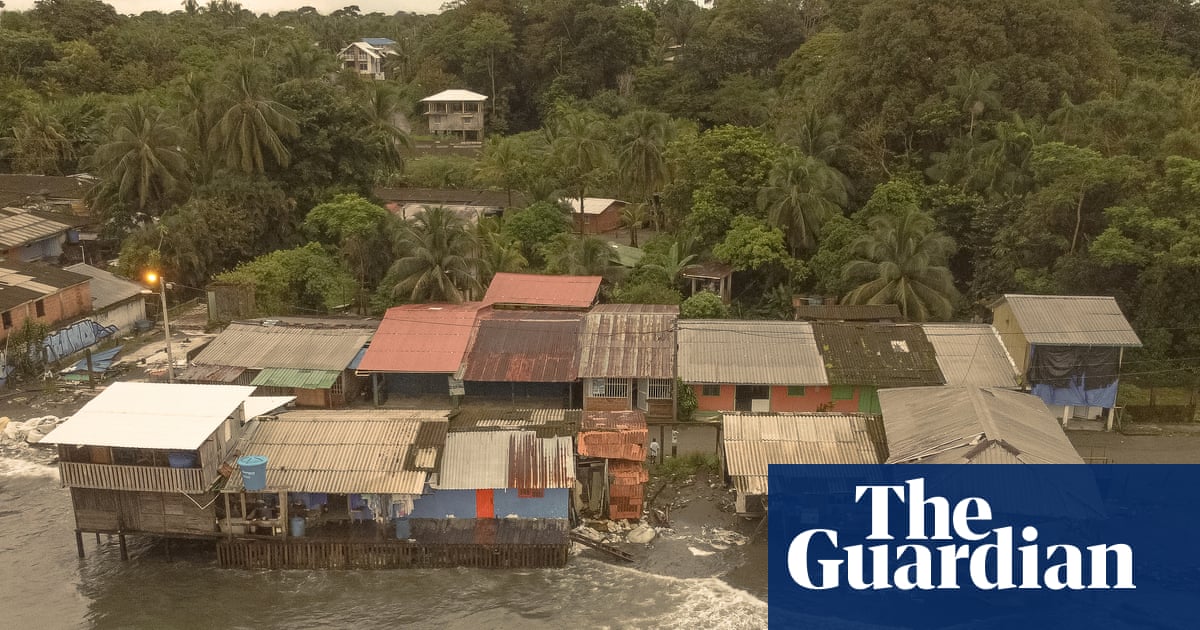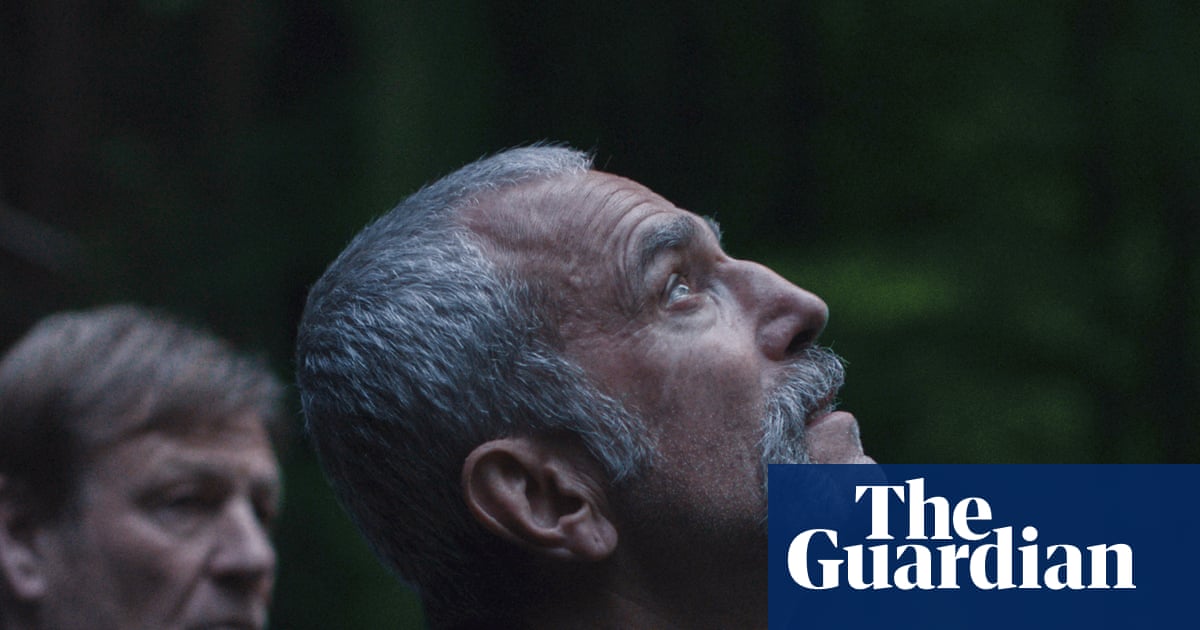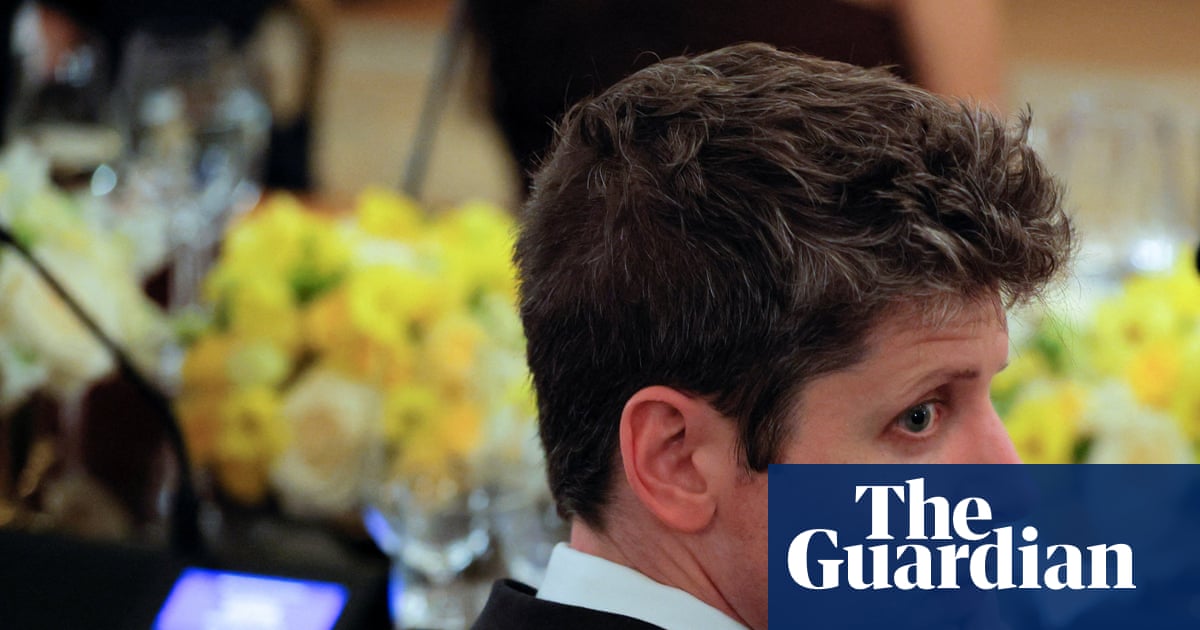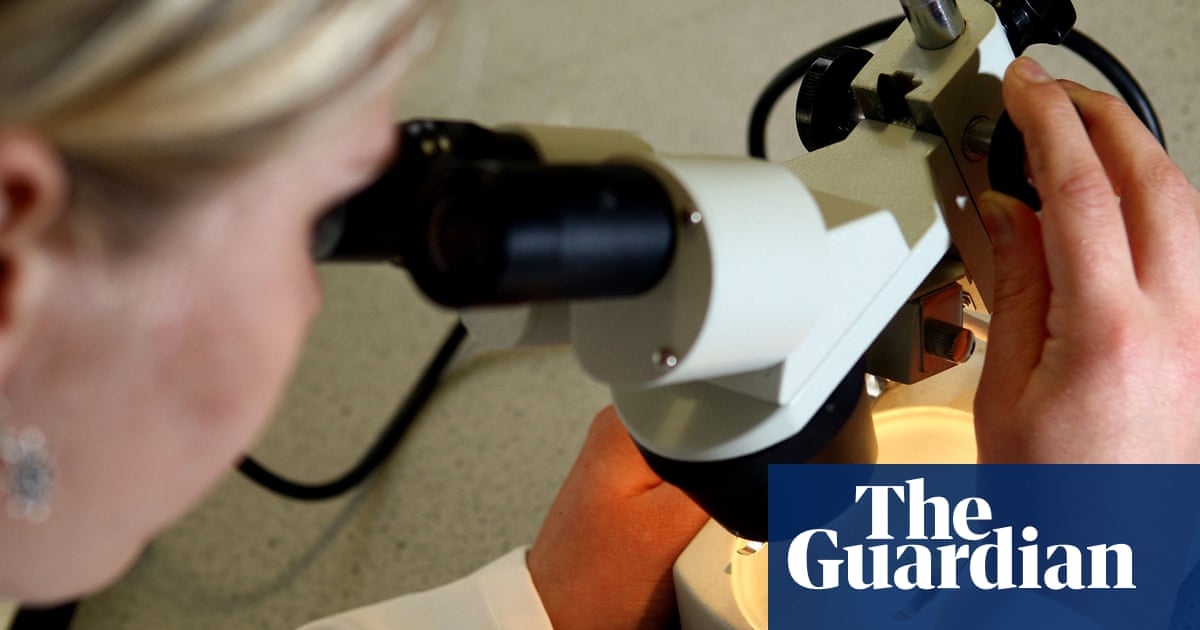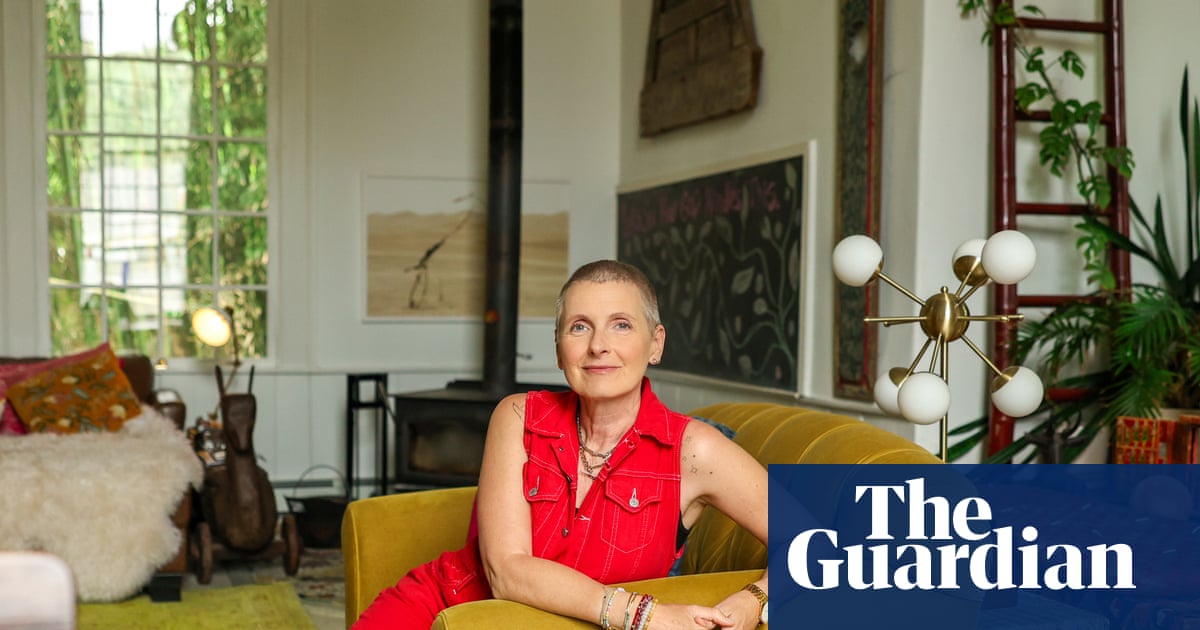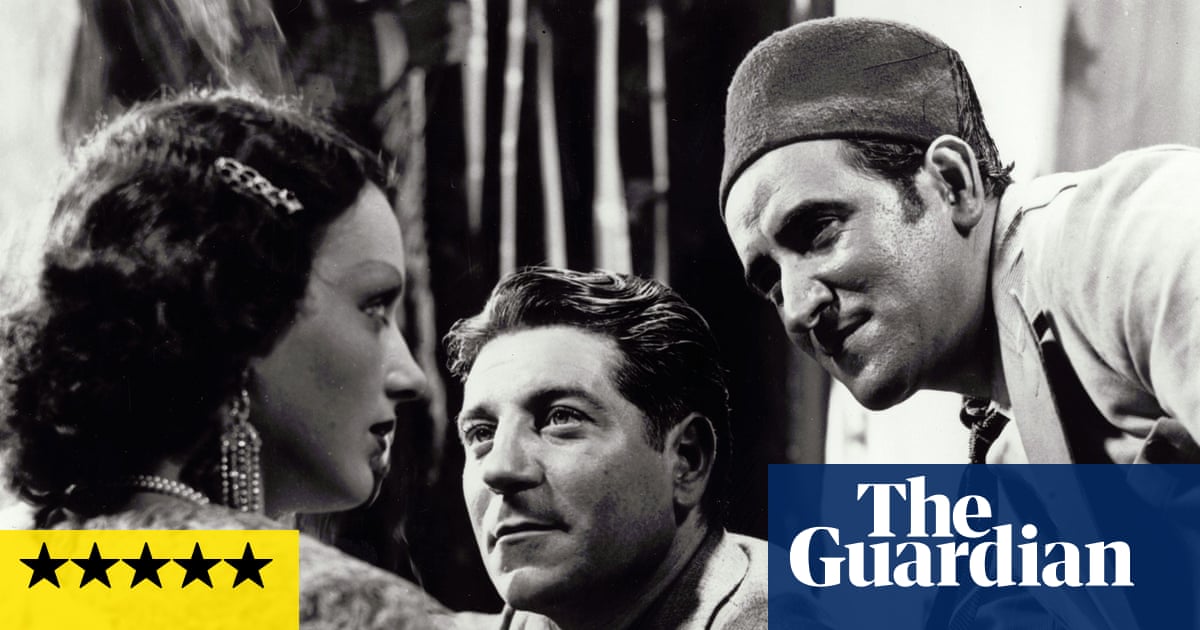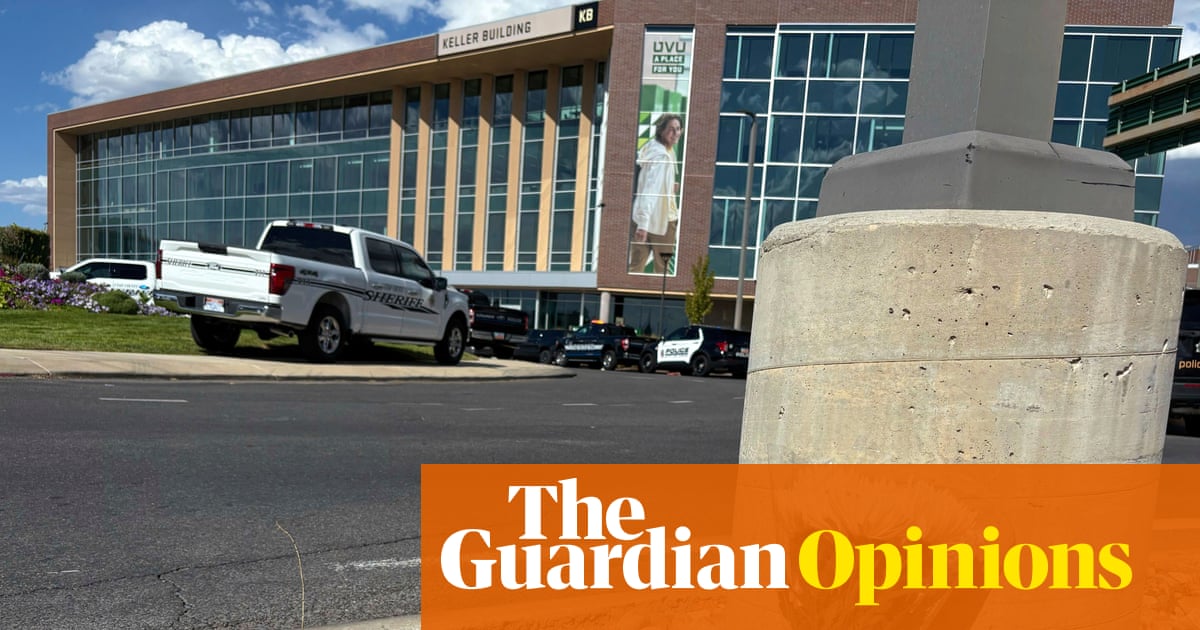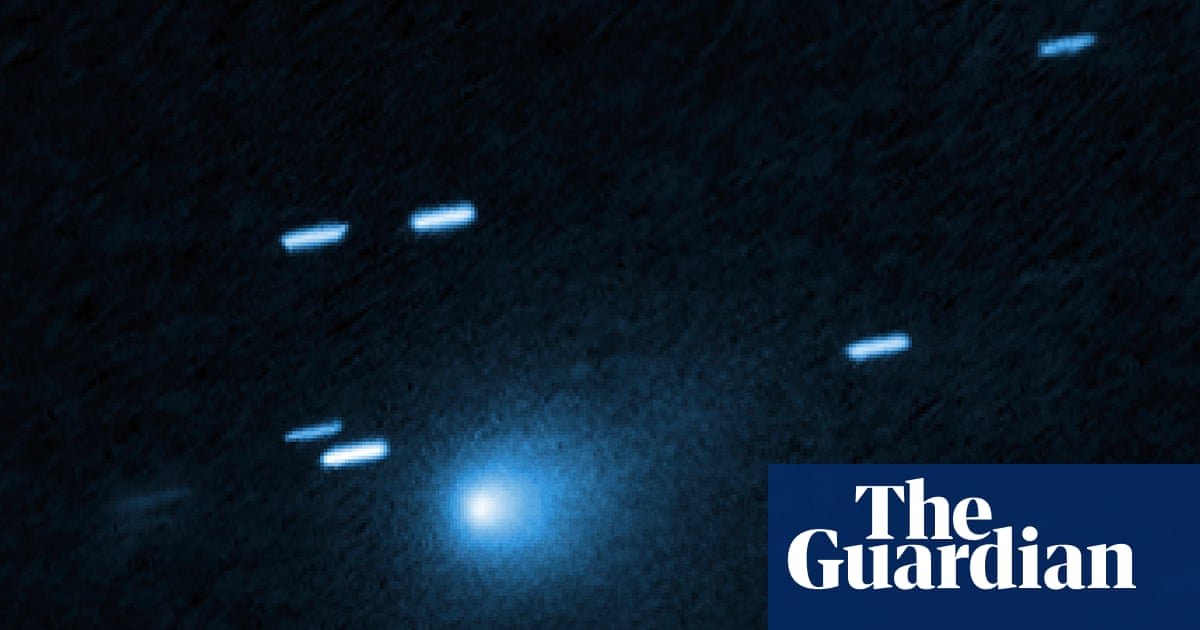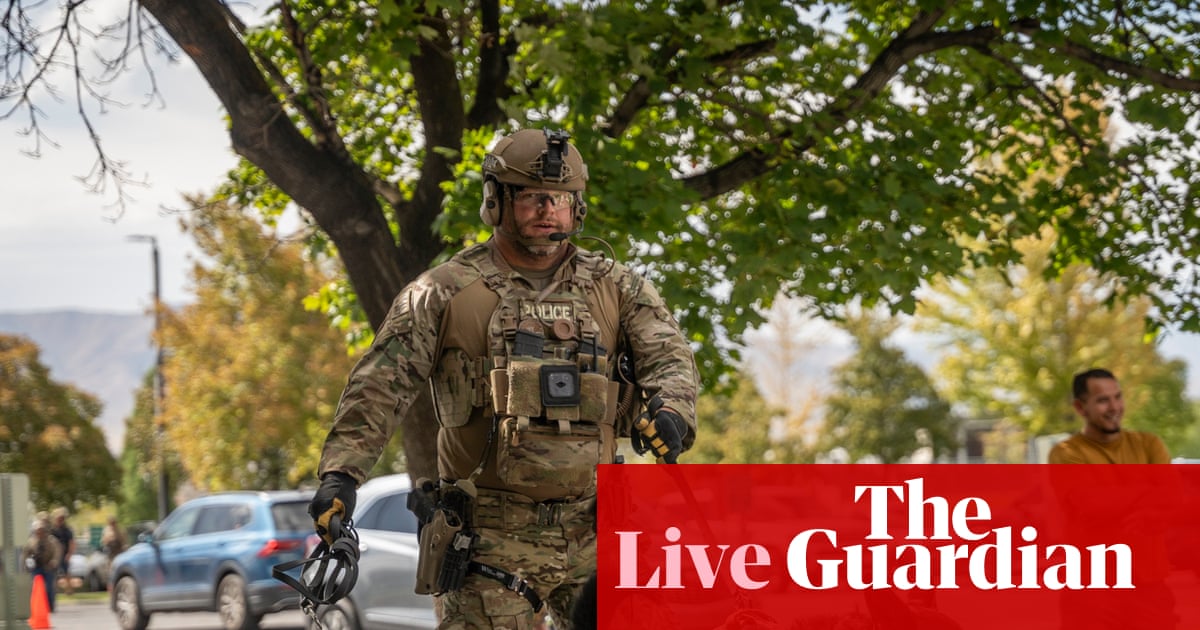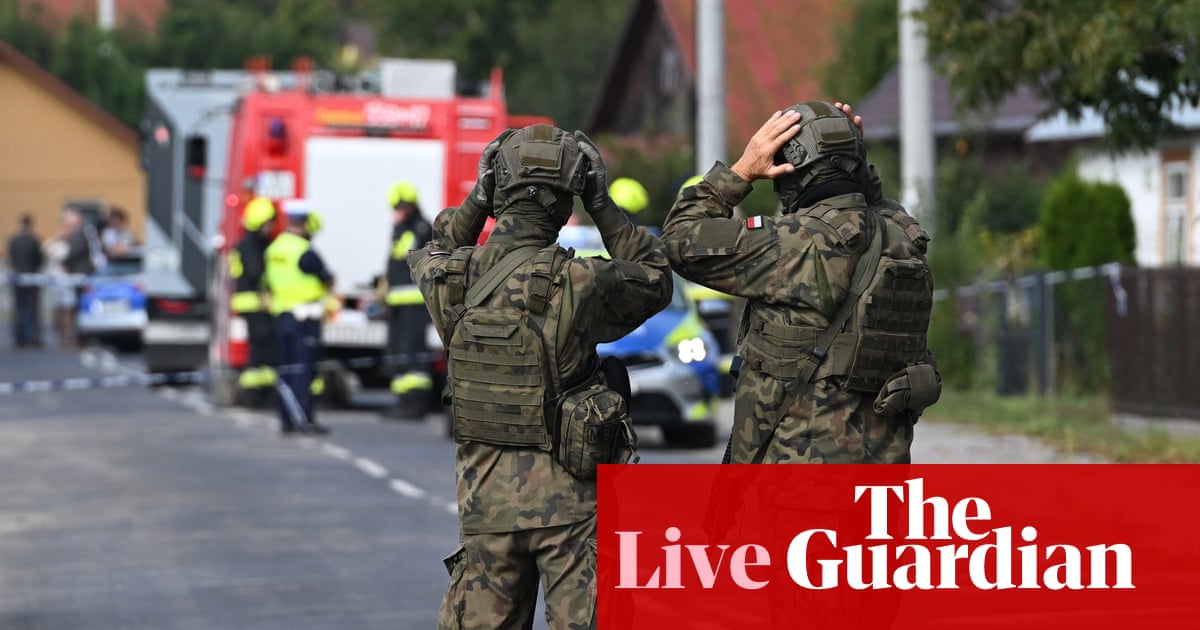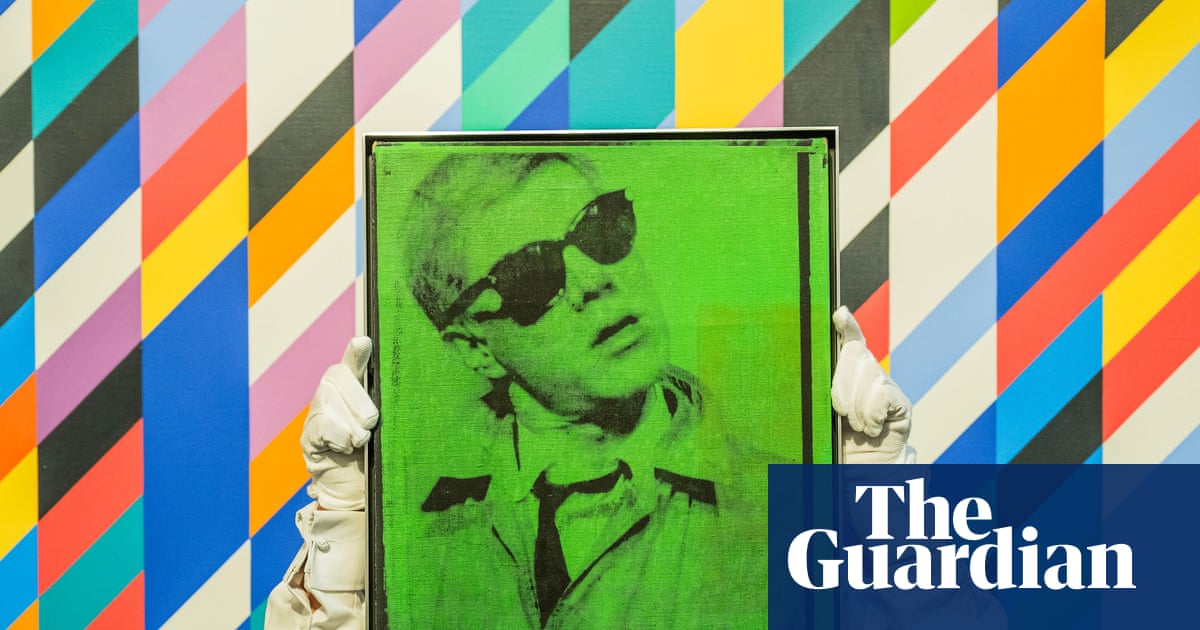Is biology destiny? Spanish film-maker Carla Simón brings to Cannes her very personal and in fact auto-fictional project Romería (meaning “pilgrimage”) – about an 18-year-old girl, arriving in Vigo in Galicia on Spain’s bracing Atlantic coast. She is on a mission to find out more about her biological father who died here of Aids after he split from her mum, who has since died, too, and about her dad’s extended – and very wealthy – family.
Romería returns Simón (and her audiences) to the complex and painful subject of her mother and father, which she first approached in her wonderful autobiographical debut Summer 1993 although for me the more conventionally enclosed fictional transformation of the material there might have given that film a sharper arrowhead of storytelling power.
Yet Simón still shows her usual richness, warmth and her candid, almost docu-realist film-making language, complicated here by a stylised hallucinatory sequence and a Super-8-type flashback section.
Simón has an instinctive and almost miraculous way of just immersing herself within extended freewheeling family scenes – her camera moving unobtrusively in the group, like another teenager at the party, quietly noticing everything. Yet I wondered if in the end the film fully absorbed and reconciled two opposing needs: the angry need to reproach her extended family’s cruel, uncaring treatment of her father and the need to find resolution and closure, to reclaim family membership and to be grounded in that identity.
With unaffected grace and charm, Llúcia Garcia plays Marina, an easy-going, good-natured teen who shows up in Vigo in 2004 with her digital video camera, keen to meet her dad’s folks – whom she hasn’t seen in years. (These opening scenes are interspersed with quotations from her late mother’s diary about coming to live in Vigo with Alfonso, or Fon, Marina’s dad.)
Her uncles and aunts, affectionate and enthusiastic and welcoming in their various ways about Marina, all have the same initial reaction, whose significance Simón cleverly reveals: they are stunned at her resemblance to her mother. It is as if Fon’s wife has come back from the grave to stir up very mixed feelings.
Almost immediately, Marina finds discrepancies between what she has always been told about her dad’s life there with her mum, and what these people are now telling her. Part of her reason for being there is to locate official paperwork confirming Fon’s paternity in order to get a grant to study cinema, and she is stunned to discover the family still do not acknowledge her as one of their own. Her existence is missing from Fon’s death certificate.
Now she has to persuade her cantankerous and difficult grandparents to swear an official deposition. And they clearly are wary of her – the tetchy grandma even claims that she does not look like her mother. Her grandpa just gives her a grotesquely huge amount of cash for her cinema studies – transparently a crude payoff to get her to go away.
Because the awful truth is that they were angry and ashamed of Fon for suffering from Aids, due to needle use – Marina’s mum used drugs, too, and it looks very much as if his parents created the myth that this wild-child woman got their son into bad ways and helped kill him. Now she is back – or rather her daughter is, a blood relation, and they have a learned neurosis about blood. Marina, at first nice and polite, starts to show her mother’s fire.
Part of this movie is about the perennial question which will fascinate and defeat all of us: what were our parents like before we were born? What was it like for them to be people just like us? It is at the centre of this distinctive, intelligent, sympathetic drama.

 3 months ago
41
3 months ago
41

